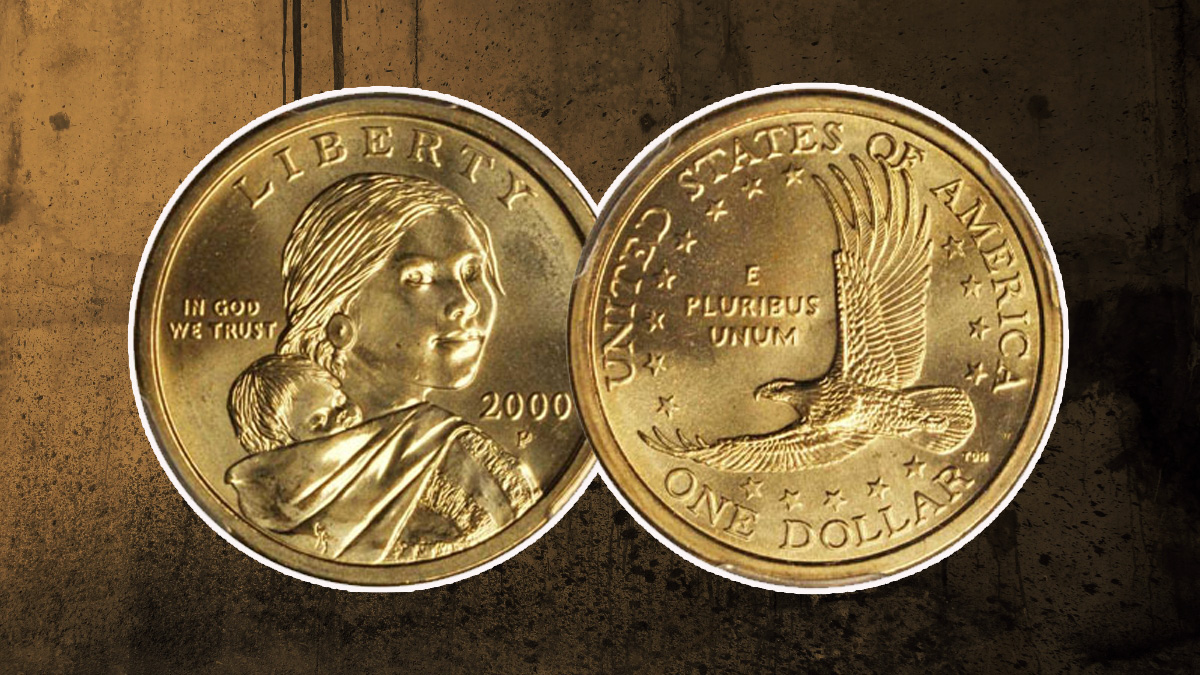
If you’ve some old coins and want to sell them but don’t know where to start. Now you’re welcome to the world of numismatics world of coins! Here we’ve explored coin auctions and compiled a comprehensive guide to all things about coin selling, so you can know how to make the highest earnings on your coins. We’ll walk you through this comprehensive guide on how to value your coins, find buyers, and start making sales so you’ll be selling with confidence and the secrets required to improve your coin auction experiences.
Whether you’re an experienced collector or just beginning, let this comprehensive guide to coin auctions be your compass on the exciting journey of uncovering numismatic treasures.
Understanding About Coin Auctions
Coin auctions serve as a hub where the history, art, and numismatic value of coins come together. They provide a space for collectors, dealers, and enthusiasts to buy and sell rare coins from different eras, cultures, and types. These auctions feature a wide variety of numismatic treasures, from ancient Greek drachmas to modern American eagles, each with its own fascinating story and importance.
Things You Should Know About Coin Auction
- Identify the date, mint mark, and denomination to help you identify your coins. Use this information to do an online search for comparisons to determine the type and value of your coin.
- Have your coins assessed to find out how much they are valued. Coins are valued based on a 70-point system; the higher the grade, the more expensive the coin.
- To find reliable coin dealers, coin events, collector publications, or online auctions, use a reputable coin organization such as The American Numismatics Association.
- Coin collectors prefer their coins in their original condition, therefore don’t clean old or dirty coins since this might harm them and decrease their value.
Sell Coins at Auction with These 7 Simple Steps
– Get a specialist auction house
Rather than relying on your local auction house, it’s a good idea to seek out one specializing in coins. They have a deep knowledge of the numismatic market and attract collectors willing to pay a premium. These dealers can help you decide whether to sell your coin collection as a whole or break it down for maximum profit.
– Contact an expert valuation
Before auctioning coins, it’s essential to be well-suggested at every step – but none more so than the valuation stage. Always get your items advice by an experienced expert, who should be ready to suggest their value for free. At no issue should you be under any obligation to sell.
– Determine whether to sell or not.
Once you’ve accepted a valuation of the coin, now it’s time to decide whether to sell it or not. Take your time to decide whether to keep your items, and don’t let the persuasions of a valuer, dealer, or auctioneer sway you, regardless of the outcome.
– Arranged a reserve
If you choose to auction your items, you’ll need to determine whether to set a ‘reserve’, indicating the minimum amount you’ll accept.
– Describe and market your coins
This is probably the most essential part of the auction procedure, you don’t have to do it yourself; a specialized auction house will set the reserve for you, using numismatic terms to maximize interest.
– Enjoy the sale day
If you decide to sell in a coin auction, you’re welcome to attend the salesroom experience, but it’s not obligatory if you don’t want.
– Get your money
Settlement usually occurs 30 days after the sale, deducting commission from the hammer price.
Which Types of Coins Can be sold at auction?
Coins that have an artistic or historical value are always of interest because they capture the imagination.
Other coins which usually fare well when sold at auction include:
- Antique and rare coins
- British gold coins
- British silver coins
- Collectors coins
- Florins and double florins
- Gold bullion
- Gold proof sets
- Gold sovereigns, guineas, crowns, half-crowns
- Krugerrands
- Maundy (oddments and sets)
- Rare gold £5 coins
- Rare gold £1 coins
- Rare gold £2 coins
- Shillings
- Sixpences
Don’t Hesitate to Seek Professional Guidance and Advice About Coin Auctions.
Many collectors build their coin collections over the years out of passion, not just as investments. For more on coin values, check our guide. Whether you’re a collector or inheritor, be cautious when selling; seek expert advice. Explore various selling methods outlined in our guide, but auctions often fetch close to retail prices.
Also Read – 10 Most Valuable Wheat Pennies
Conclusion
Seeking professional guidance and advice about coin auctions is very important to participate in coin auction. Whether you’re a collector or a beginner for this, approach selling with caution and seek expert advice. Auctions often yield prices close to retail, making them a favorable option.
